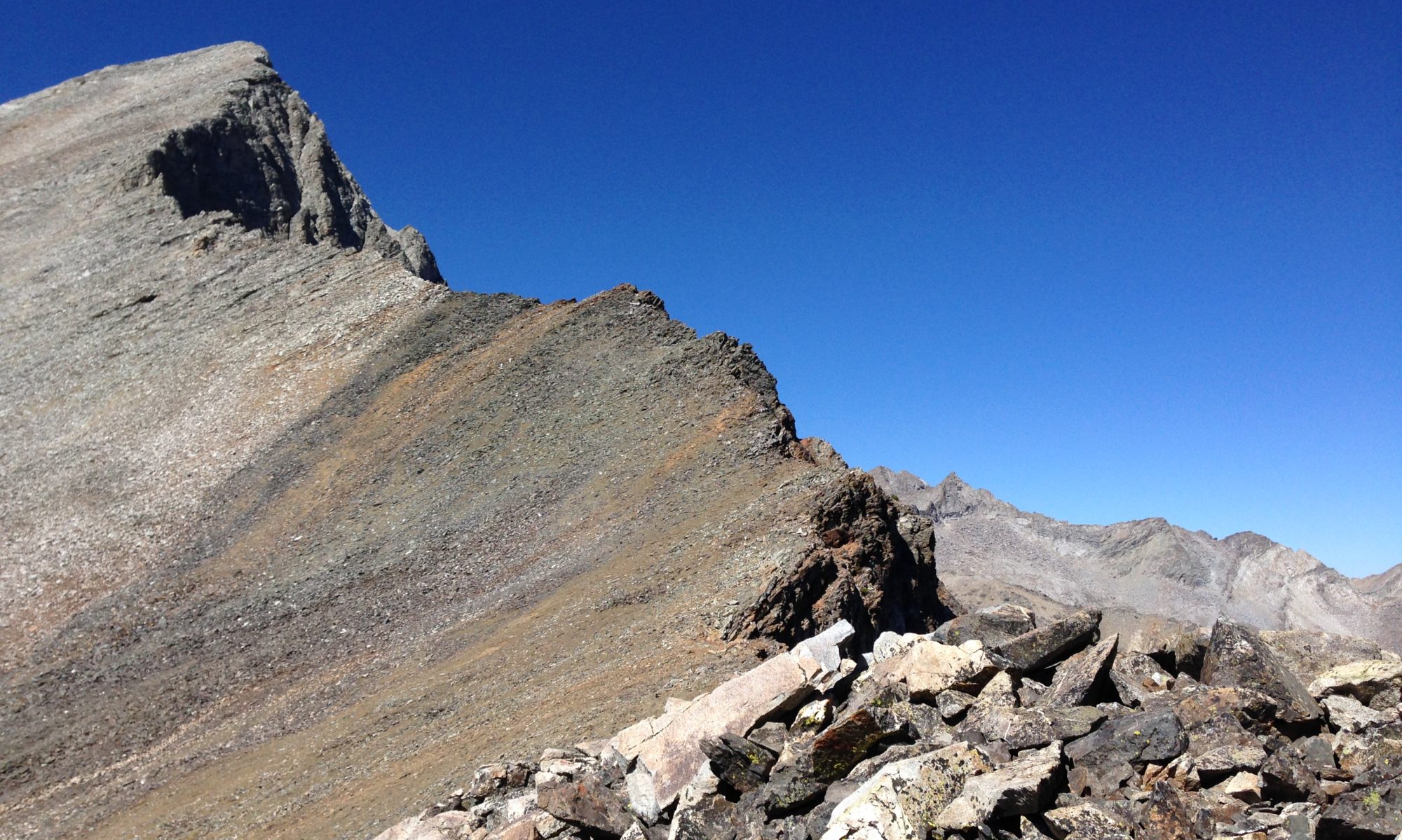ChrisCorrigan was blogging a bit ago on Jonathan Schell and Vaclav Havel, about “Living in Truth.”
Havel, who wrote passionately about a politics he called “living in truth” (which is perhaps the best way to translate Gandhi’s satyagraha, by the way) crafted a politics along with other thinkers in Eastern Europe that made democracy emerge, but not before it issued a challenge to every single person.
Now this comes today from PureLandMountain, about firewalking, seems related…
…Echo began to speak meditatively on the nature of pain: how, although this pain she was feeling in her feet right now was just like conventional pain– it had all the earmarks, so to speak, and was irritating in the extreme, like all the everyday pains– she could not relate to it as she did to the usual pain, couldn’t be negative toward it, because it was kami related.
The objective in standard self/pain relations is to make the pain go away; this pain, in contrast, was self-chosen, indeed inflicted for sacred purposes, and was therefore itself sacred; so she had to respect it, sort of even savor it as being positive in nature, and accruing benefit with its extension, so in a way she had to enjoy the suffering, nurture the pain. This went against every instinctive principle, affording an illuminating gestalt on the reality and illusion of pain. I had to agree with her; it was indeed an interesting perspective on pain…
Whatever pain comes from standing up, standing out, speaking out, and living in our own truth is not a normal sort of pain. It’s this other sort, sacred sort, self-chosen sort. It brings us closer and closer to something important, and still un-name-able. As I think through this just now, it seems that some suffering — indeed, any suffering we choose — has the capacity to take us through and beyond all suffering. I think Living in Truth must be like that. Any moment.
It seems that this may be where our popular, mainstream media culture really gets in our way: when it keeps — we keep — pushing our pain away, keeping ourselves from these moments to find it, feel it and pass through it. Transcend and include it. Nurture and enjoy. Resting in Life. Living as Truth.

“grief is a pain that can be unclenched” …i really like the shape of this, christy. this bit about the importance of instant connection rings true, too.
all true of self, too. how often our clinging to “who we think we are” and/or “who we say we are” gets in the way of who we really are wanting to be. so what does it mean to let go of myself? to connect deeply with others — and myself — and still move on, as you say? …and where do or can we really go, anyway? woof.
our error it seems is our persistant belief in away?
Hi Michael! and hi Ashley!
I wonder if there might be some difference between *pain*– a type of sensation, even very powerful really difficult sensation–and *suffering*–which has that part about wanting things to be other than they are, trying to push away the pain (and then that resistance always makes it feel even worse, as the muscles and the mind clamp down)?
And then I remember that the root of the word “passion” is “suffering”–maybe that aspect of wanting/yearning applies again?
love, Christy
popular, mainstream media culture:
does this include our perspectives on treating illnesses, health care? it would definitely include a cultural tendency to strive for comfort and predictability.
it’s interesting the connotation that even the word suffering has… as being pain-full verses a passageway to be respected and honored for the gift of evolution it has to share.
The dissolution of passions-as-suffering by inviting them into the open space… I have been thinking about the internal quadrant of “what happens in Open Space” and have been enchanted with a comment I read in one of the Practice of Peace session notes, made by Anne Stadler, that “the capacity for instant connection is important”. I think the encouragement of that capacity is a large part of what has happened for me in Open Space, and (here is the connection to the topic of suffering) I also find that for me an important corollary to instant connection is acceptance of the accompanying griefwork–because instant connection may be deep but momentary, because the river continues to flow, because everything that’s born dies.
And grief is also a pain that can be unclenched, invited into open space, and allowed to be as it is; another pain that popular culture tells us to push away, medicate, deny.
There isn’t any other where, is there? Being able to see how that is so, is only occasional and always fleeting for me. Thank you for the reminder–and right before your BirthDay, seems somehow appropriate!
yep, all part and parcel, i think, ashley.
somebody in an openspace training workshop some years ago had a divinity background and got curious about the etymology of ‘passion.’ when he came back the next day and reported what you say here, christy, it made perfect sense. in open space we invite people to look into their passions, bring them out, discuss them, address them, whatever… and it seems to me that quite often they simply dissolve.
people often ask “where’s the action after the ost event?” and sometimes the real action is the dissolving of suffering that happens during the event. no action required.